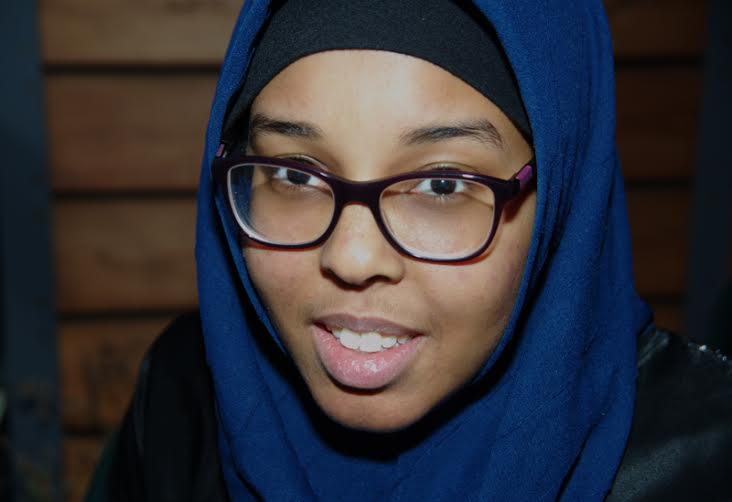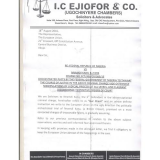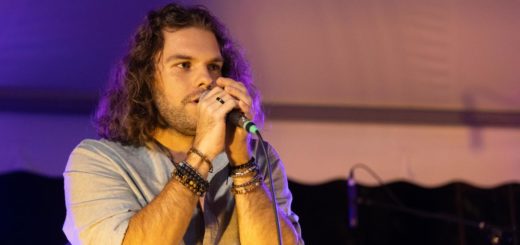Hate crimes in Europe!: Storie contemporanee di donne Musulmane – Today’s stories of Muslim women in London
di Cinzia D’Ambrosi
Due donne che vivono a Londra condividono le loro esperienze nell’essere musulmane oggi. Cinzia D’Ambrosi le ha intervistate e fotografate e riporta le loro parole.
Ruksana, Londra:
“ Penso che ci sia una grande differenza tra la vecchia generazione e quella nuova. C’e’ stato un grande cambiamento durante la guerra nel Golfo in quanto l’identita’ musulmana e’ diventata un argomento di discussione. Fino a quel momento, ci si dentificava con l’essere del Pakistan, essere musulmani era secondario. Si era prima di tutto pakistani. Oggi la nuova generazione sente la sua identita’ nell’essere musulmani. Nello stesso tempo il razzismo sta aumentando ed in particolar modo per via dell’influenza dei mass-media. Ci dovrebbe essere liberta’ di espressione, ma anche l’assunzione della responsibilita’ per cio’ che uno dice.
Nella Londra Est, la maggior parte delle bambine indossano, a scuola, le loro uniformi con il velo. E’ un’identita’ forte, un’identita’ visiva. I giovani sono coloro che sono piu’ marginalizzati, specialmente le giovani musulmane. Ci piacerebbe sapere come sara’ il loro futuro quando lascieranno la scuola e non faranno piu’ parte di un gruppo sicuro. Per esempio, quanto influenzera’ l’essere musulmane nella scelta di una carriera? Quante tra loro andranno all’Universita?”
H., Londra:
“…con la guerra contro il terrorismo i crimini d’odio sono numerosi. Le leggi che sono in atto al momento stanno marginalizzando le comunita’ musulmane. Si sentono attaccate, quando invece sarebbero meglio chiedere loro una collaborazione per fermare il terrorismo. Allo stesso tempo, ogni volta che ci rifiutiamo di sostenere il governo, veniamo visti come terroristi che cercano di proteggere altri terroristi.
Poi c’e’ anche la paura quando s’indossa l’ hijab… la paura di essere attaccati.
Personalmente, non sono stata vittima di crimini d’odio, ma conosco persone che lo sono state, inclusa mia sorella. Aveva le cuffie e in un primo momento non aveva realizzato: poi ha visto che una delle persone che viaggiavo sullo stesso treno, ha fermato un uomo che tentava di parlarle.Quando mia sorella ha tolto le cuffie senti’ che l’uomo le gridava delle cose brutte, accusandola di essere una terrorista. Per fortuna c’erano altre persone sul treno che hanno preso le sue difese.
Ad un’altra amica hanno detto di ritornare nel suo Paese!
E, inoltre, un giorno ero alla fermata dell’autobus e vedo una donna che vestiva con l’hijab fermarsi con il suo passeggino. Una persona le si avvicina e le chiede se avesse una bomba nascosta proprio nel passeggino. Davvero scioccante.”
Two women living in London share their experiences on being Muslim today.
Ruksana, London:
“I think there is a huge difference between the older generation and the younger one. We saw a great shift in the 90’s with the Gulf war where the identity of being Muslim became a topic in itself. Up to that point in time, one would identify oneself with being from Pakistan first and therefore Pakistani before Muslim. Today, there is a stronger sense of a Muslim identity which the younger generation identifies with. At the same time, there is a growing racism, particularly fuelled by tabloids. There should be freedom of speech but also a need for greater responsibility on what one is saying.
In East London, you would see most school young girls wearing a head scarf. It is a strong identity, a visual identity. Young people are being more marginalised, particularly young girls. I would really like to find out how it will be for them in the future when they will be leaving school and not longer among the safety of their peer groups. How being Muslim and a woman will inform in their career choices for instance? How many will attend University?”
H., London:
“ With the war on terror at the moment hate crimes are very high. The laws that are currently being put in are even more marginalising the Muslim communities. They feel they have been attacked instead of trying to work together to stop terrorism. But then, whenever we don’t want to help the government they see us like terrorists and wanting to protect terrorists. Then as well the fear when you wear hi jab the fear that you might be attacked.
Personally, I have not felt any hate crimes but I have heard from other people, like my sister that she was on a train and she had a lot of hate. She had headphones on and did not realise at first. When a commuter tried to stop a man talking to her, she took the headphone off. The man was not saying nice things, he was accusing her of being a terrorist. Thankfully, there were people defending her on the train.
Another friend of mine, she was told to go back to her home and then once I was at a bus stop and there was a lady wearing a hi jab with a push chair and someone asked her if there was a bomb in the push chair. It was really shocking.”
















